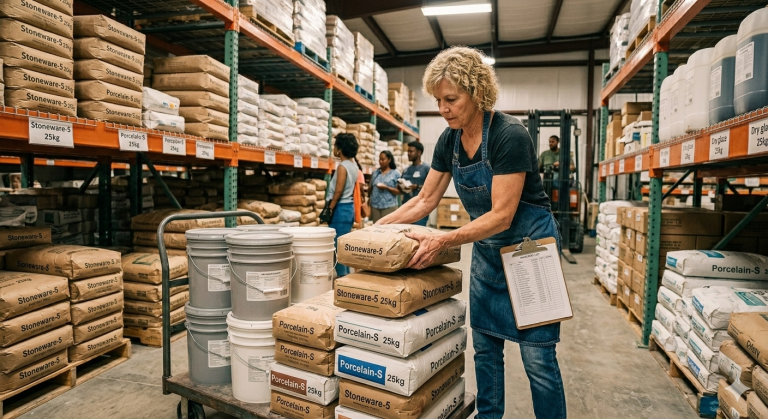
The Funding Options for New Entrepreneurs Now
Discover diverse funding options for new entrepreneurs to escape corporate life and launch your business successfully.
Read more →DSCR loans for real estate investors. SBA financing for business owners. Construction and commercial loans for growth-minded borrowers. Clear options. Fast next steps. Real guidance.
Answer a few quick questions and we’ll route you to the best financing path — DSCR, SBA, Construction, or Commercial.
Apply NowChoose the strategy that fits your property, business, and timeline.
GHC Funding helps real estate investors and business owners compare financing options with clarity and speed. We focus on matching the right loan structure to your goals, timeline, and numbers — so you can move forward confidently.
A clean process from “what are my options?” to clear next steps.
Property, business, timeline — quick and straightforward.
DSCR vs SBA vs Construction vs Commercial — we route you correctly.
Clear checklist, next steps, and expectations.
Start with a short application and we’ll guide you to the right financing path.
Practical guides for investors and business owners.

Discover diverse funding options for new entrepreneurs to escape corporate life and launch your business successfully.
Read more →
Understanding SBA 7(a) vs 504 Loans: What Mississippi Business Owners Need to Know When Sarah, a small business owner in Jackson, Mississippi,…
Read more →
Understanding DSCR Loan Calculators with Taxes and Insurance in Mississippi Jane, a small business owner in Jackson, Mississippi, found herself at a…
Read more →
How to Get a Construction to Permanent Loan in Mississippi When Sarah, a small business owner from Jackson, Mississippi, decided to expand…
Read more →
Discover how to start a business with no money and escape the corporate grind with actionable tips and strategies.
Read more →
SBA Loan Requirements for Startups in Mississippi: A Comprehensive Guide When Sarah opened her boutique bakery in Jackson, Mississippi, she knew she…
Read more →